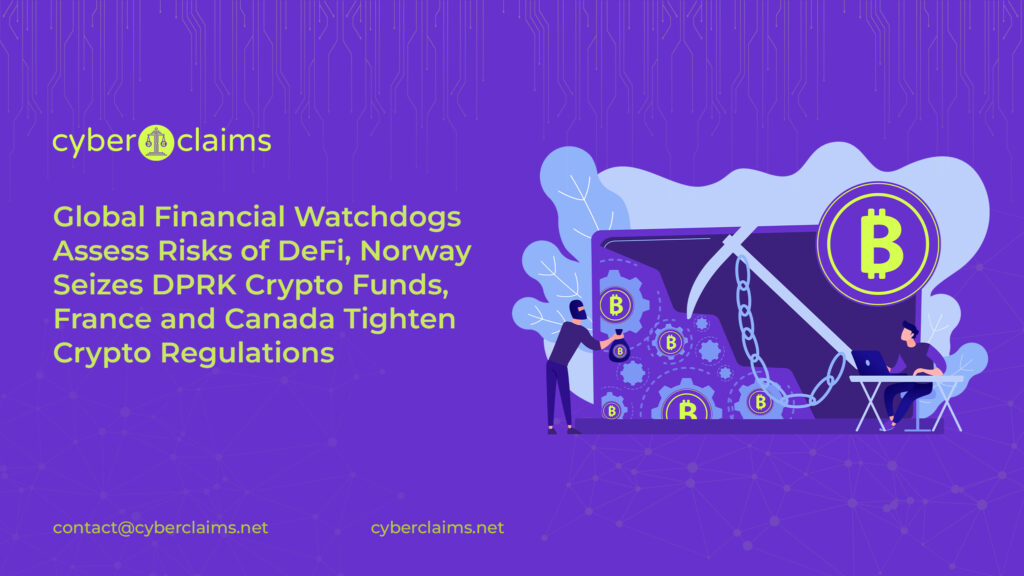The US Securities and Exchange Commission (SEC) has filed charges against Terraform Labs and its founder, Do Hyeong Kwon, for allegedly engaging in securities fraud that contributed to the collapse of the TerraUSD (UST) stablecoin. The UST was marketed as an algorithmic stablecoin designed to maintain a peg to the US dollar, but it lost its peg in May 2022, causing $42 billion in losses to investors across the ecosystem. The SEC claims that UST was an unregistered security that Terraform and Kwon promoted as an investment. They also claimed that UST could earn holders up to 20% interest through yields generated from the Anchor Protocol, which made UST a high-risk investment, according to the SEC. UST holders were also able to redeem their tokens for LUNA, another unregistered security, which further complicates the case.
The charges come amid a wave of enforcement actions by the SEC against industry participants in the crypto space. The SEC’s enforcement posture has sparked growing anxiety within the industry that the agency’s aggressive stance may be an attempt to restrict crypto activity more broadly. The SEC has also proposed guidelines that would require investment advisors to ensure that qualified custodians handling investor funds provide enhanced safeguards. The proposed rules are open to public comment for 60 days, but critics have argued that the comment period is too short for such a broad provision, which could limit the number of custodians who can provide services to crypto users.
Critics of the SEC have suggested that the agency has relied too aggressively on enforcement to threaten industry participants rather than pursuing the public rulemaking process and issuing guidance. SEC Commissioner Hester Peirce has dissented from many of the recent enforcement actions and has called the agency’s approach “unimaginative.” According to her, the SEC should seek to create a clearer pathway for crypto industry participants to register their products and services.
In summary, the SEC’s charges against Terraform Labs and its founder, Do Hyeong Kwon, for their alleged involvement in securities fraud related to the collapse of the TerraUSD stablecoin have sparked concerns within the crypto industry about the agency’s enforcement posture. The SEC’s proposed guidelines for investment advisors to ensure that qualified custodians handling investor funds provide enhanced safeguards have also drawn criticism from some who argue that they may limit the number of custodians who can provide services to crypto users.
Global financial regulators are keeping a watchful eye on decentralized finance (DeFi) and the risks it poses to the world economy. The Financial Stability Board (FSB), a group of central banks and financial sector regulators from across the world, has recently published a report on the financial stability risks of DeFi. The report highlights the risks in the DeFi sector that resemble those in traditional finance, such as liquidity mismatches, leverage, and interconnectedness. While the risk of instability in the DeFi space spreading beyond the crypto ecosystem is currently minimal, the FSB recommends that they formally monitor DeFi-related risks on an ongoing basis and work to fill data gaps to assess the interconnectedness of DeFi with traditional finance and the real economy.
In other news, Norway’s financial crime authorities have seized assets amounting to 60 million Norwegian kroner ($6 million) from North Korea’s illicit crypto activity in the DeFi space. The seizure was a result of an investigation into money laundering from the March 2022 hack of the Ronin DeFi bridge that was part of the Axie Infinity video game. The funds seized represent only about 1% of the overall assets, but the move is significant as it demonstrates the ability of law enforcement to identify and confiscate crypto from major cybercrime events. France is also planning to strengthen crypto compliance requirements for cryptoasset service providers from January 2024. The proposed upgrades to France’s current opt-in crypto registration scheme would mandate registration going forward, and cryptoasset service providers must demonstrate strong internal controls, meet enhanced cybersecurity requirements, and avoid conflicts of interest. Canada is also looking to tighten its rules for crypto exchanges, following the collapse of the FTX exchange late last year. The Canadian Securities Administrators (CSA) intends to bolster standards for registered crypto exchanges to place more stringent requirements on operators.

